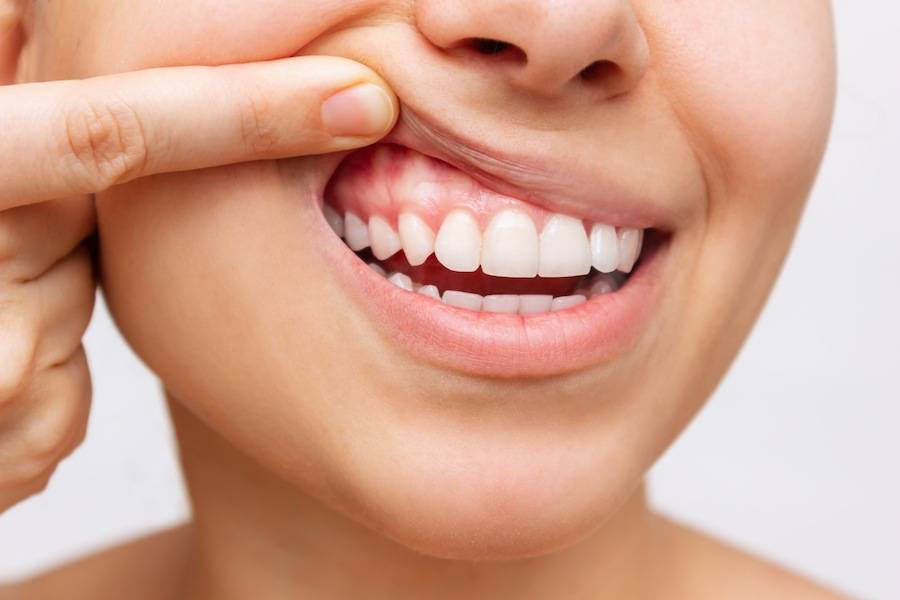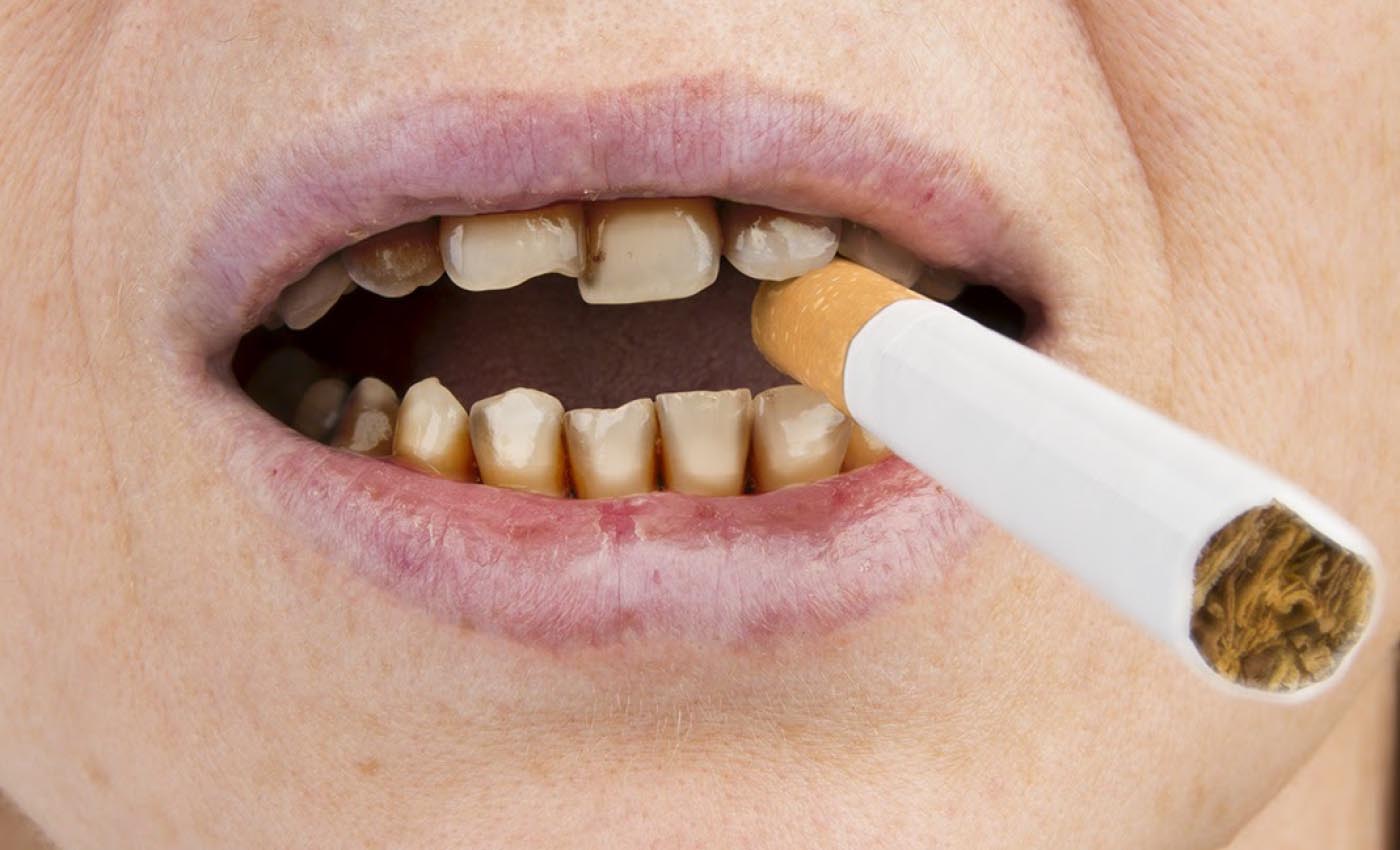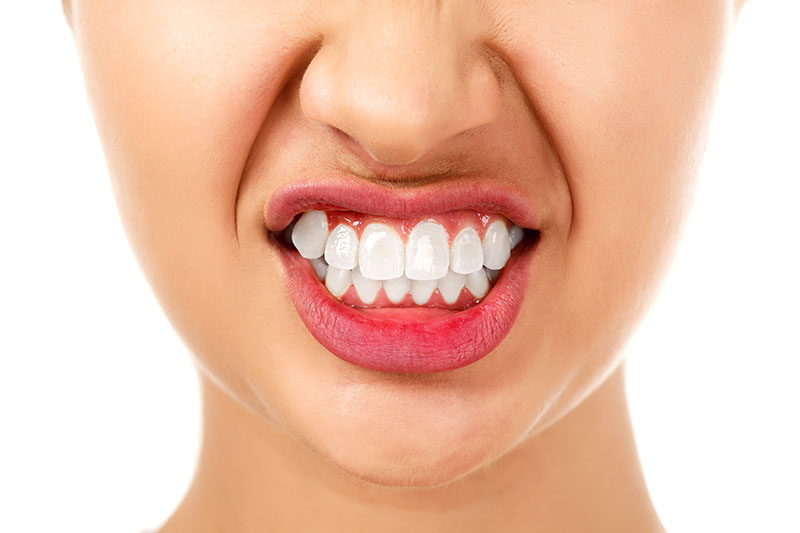Nutrition: Impact on Dental and Gum Health
Maintaining a healthy smile goes far beyond brushing and flossing. What you eat plays a pivotal role in the health of your teeth and gums. This guide delves into how nutrition influences dental well-being, offering insights that could have you rethinking your daily diet.
How Diet Affects Your Oral Health
It’s no secret that the foods and drinks we consume directly impact our oral health. Sugary snacks and acidic beverages can lead to tooth decay and gum disease by eroding enamel and feeding harmful bacteria in the mouth. Conversely, a diet rich in certain nutrients can bolster tooth strength and combat bacteria, leading to healthier teeth and gums.
Key Nutrients for Strong Teeth
Calcium and phosphorus, found in dairy products and fish, are critical for maintaining strong tooth enamel. Vitamin D, which helps the body absorb calcium, can be sourced from eggs and oily fish, or simply from catching some sunshine. These nutrients are not just good for your bones; they contribute significantly to oral health by reinforcing the enamel and reducing the risk of tooth decay.
The Role of Vitamin C in Gum Health
Vitamin C is essential for gum health, as it helps to keep the connective tissues in your gums strong. This can prevent gum inflammation and bleeding, common signs of gum disease. Citrus fruits, tomatoes, and peppers are excellent sources of vitamin C and can be easily incorporated into meals to boost gum health.
Foods to Avoid for Healthy Teeth
While we know sweets and sodas are a no-go, other less obvious foods can also harm dental health. Sticky foods like dried fruit can cling to teeth longer than other foods, promoting decay. Additionally, frequent snacking throughout the day can increase the risk of cavities, as constant exposure to food allows bacteria to thrive and acids to continuously attack the enamel.
Making Smart Food Choices for Oral Health
Integrating teeth-friendly foods into your diet doesn’t have to be a chore. Crunchy vegetables like carrots and celery can help clean your teeth naturally while you chew and are packed with nutrients that contribute to gum health. Swapping out sugary snacks for nuts and seeds provides a double benefit, as they offer the nutrients beneficial for tooth enamel and stimulate saliva production, which helps reduce decay.
Foods that Fight Against Dental Diseases
In addition to avoiding harmful foods, incorporating certain foods into your diet can actually help combat dental diseases. Cheese, yogurt, and other dairy products can neutralize acids in the mouth, reducing the risk of tooth decay. Green and black teas contain compounds that suppress harmful oral bacteria, providing a simple way to improve oral health.
Hydration and Oral Health
Drinking plenty of water is another simple yet effective strategy for maintaining oral health. Water flushes out food particles and bacteria, reducing the risk of cavities and gum disease. It also helps combat dry mouth, which can increase the risk of dental decay. Ensuring you’re well-hydrated is not only crucial for your overall health but also keeps your mouth clean and less susceptible to disease.
Tips for Integrating Nutrition into Your Dental Routine
Making dietary changes can seem daunting, but it can be manageable with a few practical tips. First, try incorporating at least one vitamin-rich food into each meal. This could be as simple as adding a slice of cheese to your sandwich or tossing a handful of nuts into your morning cereal. Also, plan meals to include a balance of proteins, healthy fats, and fibers that support dental health.
Second, consider your snacking habits. Opt for raw veggies, nuts, or a piece of fruit rather than reaching for sugary or acidic snacks. If you enjoy juices or soft drinks, use a straw to minimize contact with your teeth and rinse your mouth with water afterward.
Long-term Benefits of Nutrition on Oral Health
The benefits of a diet that supports dental health extend far beyond the mouth. Good nutrition helps control inflammation and bacterial growth, which can protect against periodontal diseases and other health issues like heart disease and diabetes. Additionally, by taking care of your dental health through proper nutrition, you’re also enhancing your ability to enjoy a diverse range of foods, contributing to a better quality of life.
Wrapping Up
Your diet has a profound effect on oral health, influencing everything from tooth strength to gum condition. By understanding the link between what you eat and your dental health, you can make smarter choices that benefit your entire body. Remember, a balanced diet rich in essential nutrients and low in sugary snacks is not just good for your waistline but also a key component of maintaining a healthy smile. Keep these tips in mind to ensure your teeth and gums stay strong and healthy for years to come. This approach not only enhances your dental health but also contributes positively to your overall well-being.




